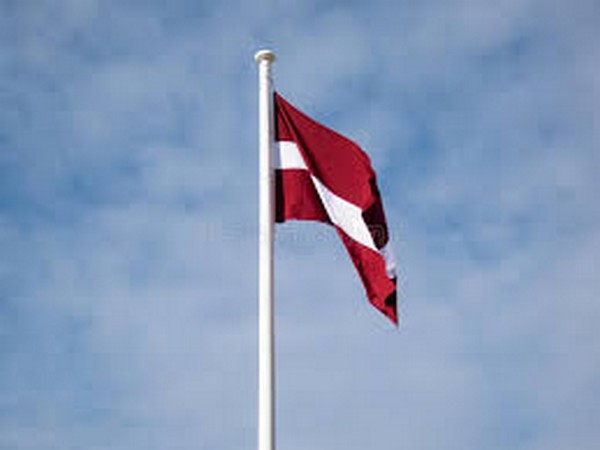An expert team from the International Atomic Energy Agency (IAEA) has commended Latvia for significant improvements in its regulatory infrastructure for radiation safety. The team highlighted progress in aligning with IAEA safety standards, urging Latvia to continue its efforts to fully address the remaining recommendations.
The Integrated Regulatory Review Service (IRRS) follow-up mission, conducted from 13 to 18 October 2024, evaluated the advancements made by Latvia since the initial IRRS mission in 2019. The mission, requested by the Latvian government and hosted by the Radiation Safety Centre of the State Environmental Service (RSC SES), focused on enhancing the country's radiation safety framework in accordance with international standards.
Although Latvia does not operate nuclear power plants, it utilizes radiation sources in sectors such as medicine, research, and industry. Latvia’s only research reactor was shut down in 1998 and is in the early stages of decommissioning. The country also manages a disposal site for low and intermediate-level radioactive waste near Riga.
The IRRS team, comprised of experts from five IAEA member states, conducted interviews with RSC SES officials and representatives from Latvia’s Ministry of Climate and Energy. The team reviewed regulatory oversight across areas like medical exposure, occupational safety, emergency preparedness, and radioactive waste management.
Of the 23 recommendations and 12 suggestions made in 2019, the IAEA team noted that 17 recommendations and 10 suggestions had been successfully implemented. Latvia has committed to addressing the remaining issues through an ongoing action plan.
Key achievements noted by the team include:
- A revised legal and regulatory framework that enhances Latvia’s safety protocols for radiation-related activities.
- The establishment of a national policy on radiation safety and waste management within the Environmental Policy Guidelines for 2021-2027.
- Improvements to RSC SES’s management system, promoting leadership and a culture of safety.
- Strengthened emergency preparedness through inter-agency coordination and regular training exercises.
The team also praised Latvia's Long-Term Training Plan, designed to ensure the ongoing competency of regulatory staff.
Paul Dale, the mission’s leader from the UK’s Scottish Environment Protection Agency, commended the RSC SES’s commitment to advancing Latvia’s safety infrastructure. "The progress made by RSC SES since 2019 is commendable, and their plans for further improvements are well-structured and forward-thinking," Dale said.
Dace Satrovska, Director of the RSC SES, expressed satisfaction with the mission’s findings, noting that Latvia has made significant strides in improving its quality management systems and safety culture. "We are committed to addressing the remaining challenges, particularly in radioactive waste management and emergency preparedness," she said.
IAEA’s Head of the Division of Radiation, Transport, and Waste Safety, Hildegarde Vandenhove, emphasized the importance of the IRRS process in fostering transparency and regulatory effectiveness. "Countries like Latvia, which invite IRRS missions, demonstrate a commitment to openness and international best practices. The lessons learned from these missions strengthen the global nuclear safety regime," Vandenhove stated.
The final mission report will be presented to the Latvian government within three months. The IAEA Safety Standards, which guide these missions, provide a global framework to protect people and the environment from ionizing radiation, representing international consensus on radiation safety.











